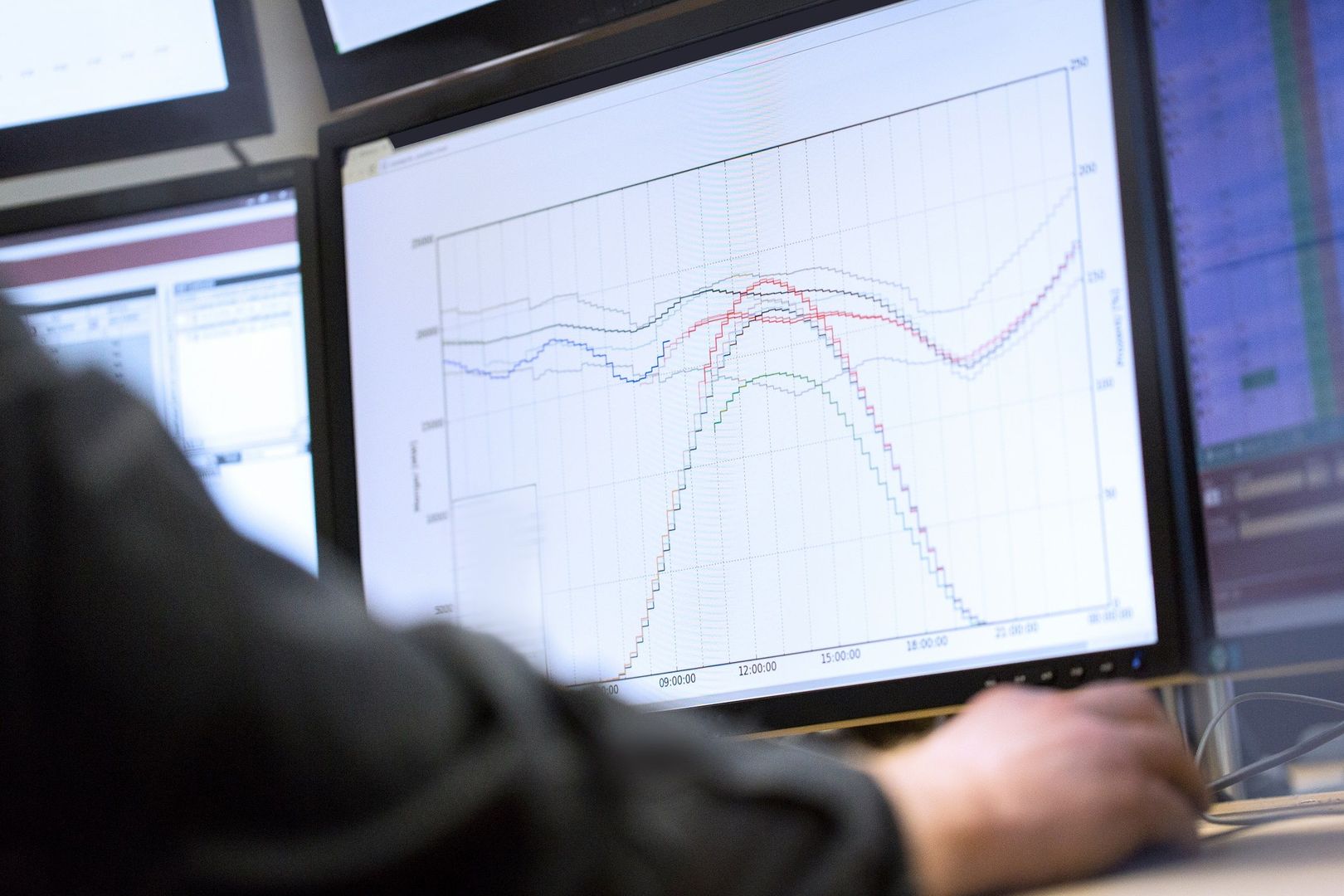Pilot project to build Virtual Power Plants in Japan delivers insightful results
The project for aggregation of renewables, which was supported by the Japanese Ministry of Economy, Trade, and Industry, produced initial results within the pilot period of two months. The consortium – under the leadership of Next Kraftwerke Toshiba Corporation (TNK) and Toshiba Energy Systems & Solutions Corporation (Toshiba ESS) – was able to report positive developments with regard to reducing imbalances and increasing economic efficiency of the renewable energy plants involved.

The aim of the project was to demonstrate a stable and efficient power grid by networking and controlling decentralized plants in a Virtual Power Plant and to test and evaluate new technologies for feed-in forecasting and frequency balancing. Based on the achieved results, TNK and Toshiba ESS will launch a trading service in the field of renewable energy aggregation in the near future and thus facilitate the integration of renewables in the Japanese market.
The project was established in 2021 by a consortium consisting of 17 renewable energy aggregators and 11 companies from the Japanese energy industry, including Toshiba ESS. In total, the consortium managed intermittent energy resources such as PV and wind summing up to 1GW of aggregated energy as well as consortium members’ battery storages. Each aggregator formed a balancing group of green power generators, evaluated the accuracy of power generation forecasting, imbalance avoidance, and profitability. In addition, the consortium conducted the same evaluations with all consortium members’ plants across all balancing groups.
Various models – including those from Next Kraftwerke – were used to evaluate the accuracy of the forecasts. Overall, the consortium detected positive effects in all three aspects. The aggregation of different green power generators reduced the rate of forecasting errors from 4-8% to 2-4% compared to the average for a single PV plant. Moreover, power fluctuations can be reduced to 1.8% in the best case by charging or discharging the networked battery storages in response to the current grid status or by making use of intraday trading possibilities.
The consortium's assessment of the profitability also confirmed that there are measurable advantages of setting up operational schedules for battery storages. For example, by using feed-in and market forecasts, the most favorable time for charging and discharging battery storage can be determined in terms of price and demand.
Based on a system developed by Toshiba ESS and Next Kraftwerke, the forecasted power generation and the amount of energy that was in fact produced could be visualized and compared with each other. An accurate forecast of the electricity input is an important factor in keeping the power grid stable. At the same time, the forecast is a key component for trading electricity on the exchanges. Furthermore, the system enables to create schedules for each balancing area based on the feed-in forecast and to place bids on the respective energy exchanges.
In addition to developing and evaluating technologies that directly addressed the networking and control of decentralized plants, the consortium also considered and assessed more general services and aspects. These included possible insurance products for renewable energy aggregators and cybersecurity aspects that are important when aggregating decentralized plants in a Virtual Power Plant. "The project has shown that TNK and Toshiba ESS are on a very good path to develop technological solutions and services that facilitate the secure integration of decentralized energy plants into the Japanese power system and at the same time pave the way to energy trading,” said Alexander Krautz, Head of Business Development at Next Kraftwerke.
About Next Kraftwerke
Next Kraftwerke operates one of the largest virtual power plants in Europe. In its Next Pool VPP, more than 13,000 decentralized power generators and consumers are networked via a platform and can thus be controlled via the control system developed in-house. With a networked generation capacity of more than 10,000 megawatts, Next Kraftwerke helps balance frequency fluctuations in the grid. In addition, the Cologne-based company, which has been part of the Shell Group since 2021, optimizes the electricity production and consumption of the networked customers on the basis of price signals and trades their electricity on various European exchanges (e.g. EPEX and EEX) via its own 24/7 electricity trading.
Press Contact
Lotte Lehmbruck
Do you have a press enquiry or would you like to be added to the press distribution list? Get in touch

